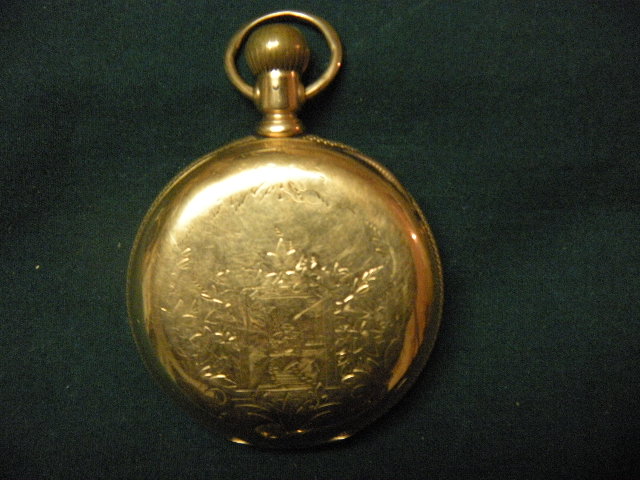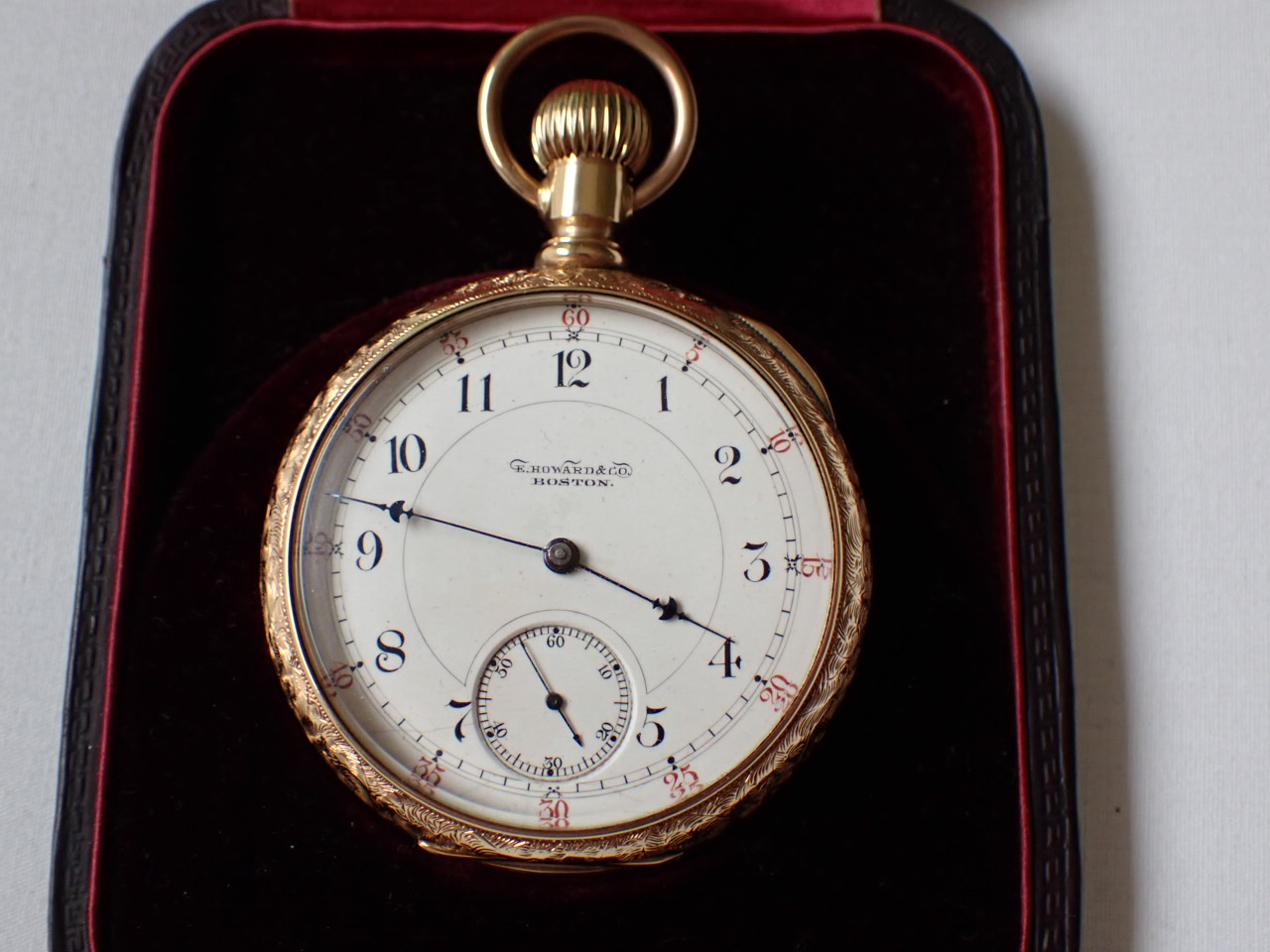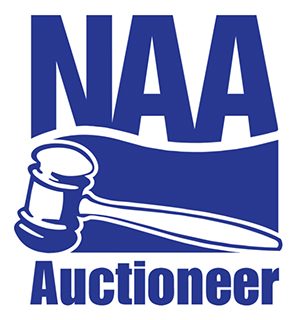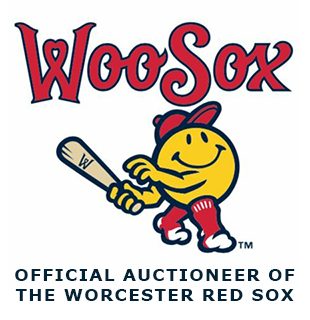Sell Your Pocket Watch at Auction (Live or Online) with Central Mass Auctions for the Highest Return
Most people have never held a pocket watch, but many collectors may want to get their hands on yours, if you’ve found or inherited one. Given that they haven’t been part of popular formal wear for many decades, almost all pocket watches are antiques, and many of those are valuable if sold at auction.
As is so often the case, the pocket watch industry has some history here in Massachusetts. That means, for one thing, that valuable pocket watches are as likely to pop up in estates in this part of the country as they are anywhere.
If it’s time to turn over your pocket watch to the enthusiastic collector who bids the highest, you can contact Central Mass Auctions now, or read on to find out more. We run live auctions here in New England and run online auctions for clients near and far.
How to know if your antique pocket watch might be valuable
The watch in your grandfather’s pocket might put cash in your pocket. Many homes have pocket watches that have been handed down through the family. There are some things that you can easily check to see if your timepiece might be valuable. The face should have the maker’s name on it. You should look to see if the face is enamel or metal. It can be an open-face case or a closed hunter case. Cases also come in different sizes with larger ones typical being more desirable.
The most important information can be obtained when the case is opened. Check for gold and silver marks. You may see 14K or 14K GF. The GF stands for gold filled while the 14K would be 14 karat gold. I have encountered pocket watches with 14K stamps even though they actually weren’t. You can have it tested to be sure.

14k gold pocketwatch
Look for a serial number inside the watch. With a reference guide you can date the watch with this. The guide will tell you which serial numbers match a particular company’s year of production.
Also check for the number of jewels when you open the back. As mentioned, railroad watches had to meet certain standards. One of them was that they be at least 17 jewels. So, if you have a 17 jewel or more watch it should be a better-made one.
A brief history of pocket watch production in the United States
With many people relying on their cell phones for the time, it is hard to imagine an age when people relied on pocket watches. Waltham Watch Company records show that as recently as 1957 there were 35 million watches being produced by that company alone.
Pocket watches were invented in the late 1400’s to 1500’s, according to historyofwatch.com. German Inventor, Peter Henlein was able to regularly produce watches in 1524 when the invention of the mainspring made falling weights no longer necessary.
In 1675 “pocket clocks” were small enough to fit in pockets. Advancements during the 1750’s advancements made watches more accurate.
Pocket watch production in the United States has its roots in Central Massachusetts. Congress passed a trade embargo in 1809 which created a need for American pocket watches. Luther Goddard began producing watches in Shrewsbury and his son, Parley, eventually joined him in the business. The embargo was lifted in 1814 and the company began to experience financial difficulties. Luther opened a watch repair shop in Worcester and Parley returned to farming.
Brothers Henry and James Pitkin of Hartford, Connecticut began to manufacture pocket watches by machine in 1838. In 1841 they moved to New York City but had a difficult time competing against cheaper imports. Henry committed suicide in 1845 and James died a few years later.
The website officialwatches.com lists other important dates in the history of pocket watches. In the mid-1800’s Swiss watches dominated the world market. In 1851 the “Warren Manufacturing Company” was founded which would later become the Waltham Watch Company. In 1891 two trains collided in Kipton, Ohio killing 11. A committee was formed after the accident that created requirements for accuracy in railroad pocket watches.
Contact Central Mass Auctions today
Longtime auctioneer Wayne Tuiskula can help you get maximum value at auction (live or online) for your antique pocket watch. We work with clients and handle estates across Massachusetts, New England, and beyond. Email or call Central Mass Auctions today to discuss your timepiece.





